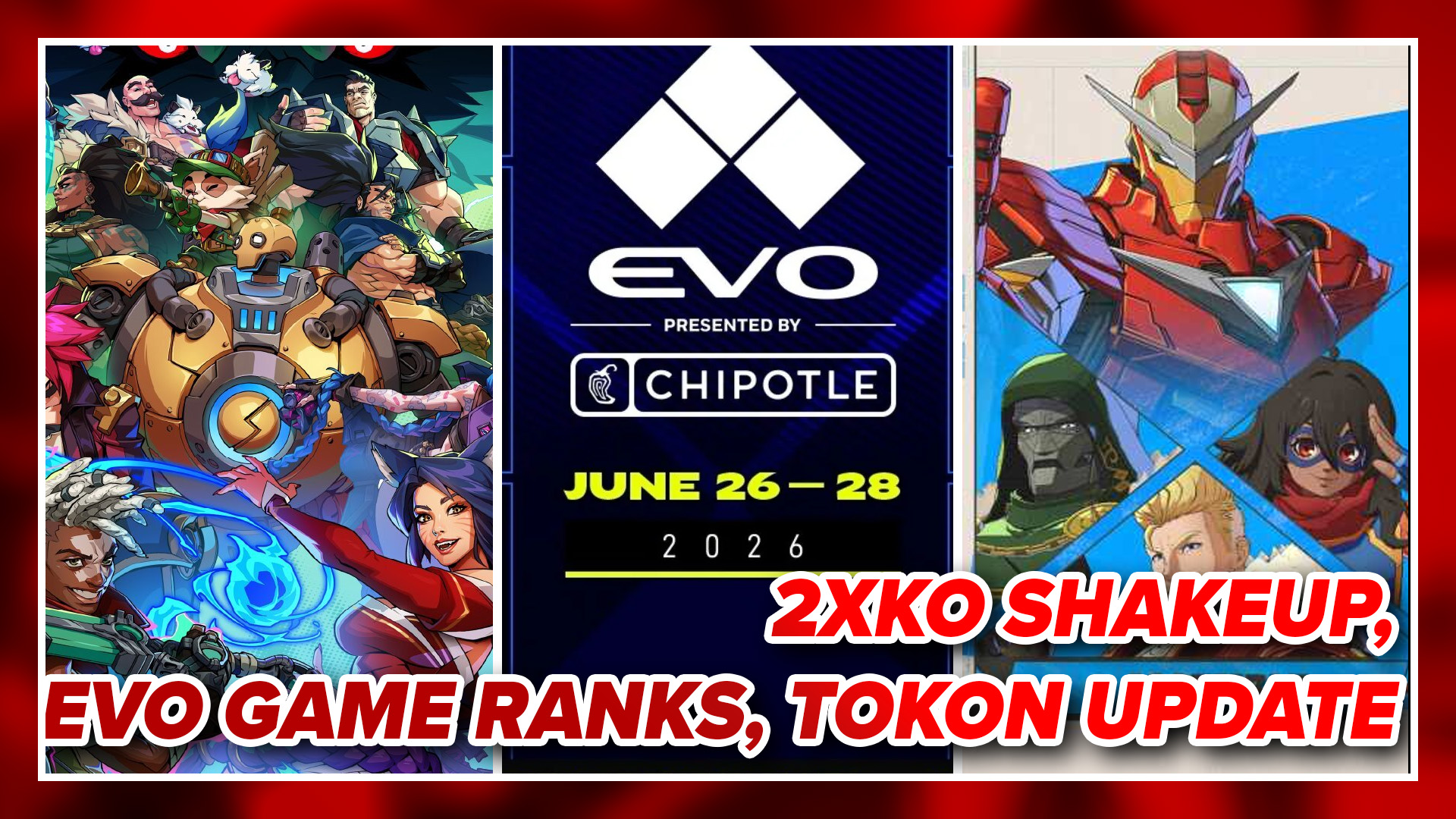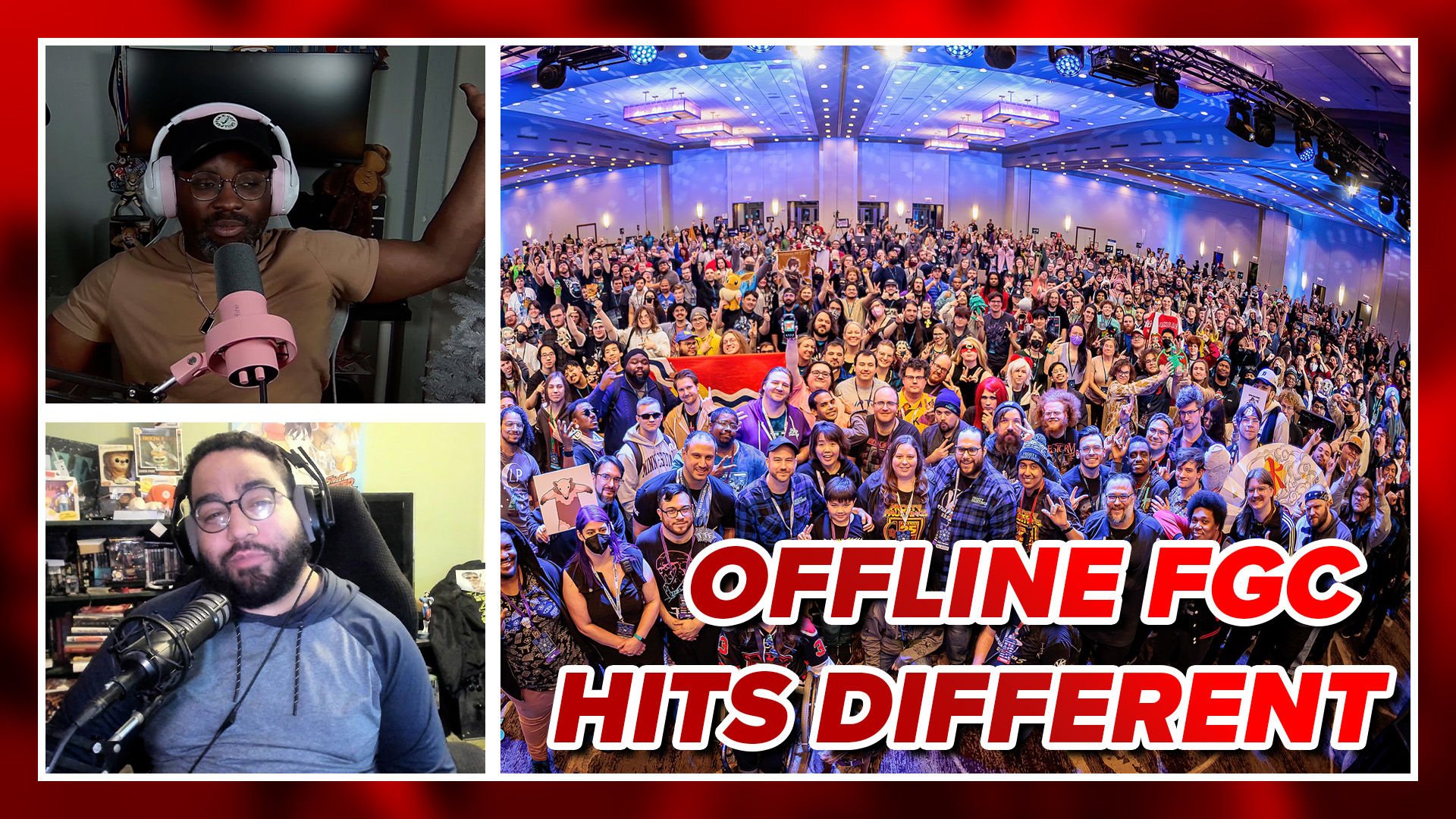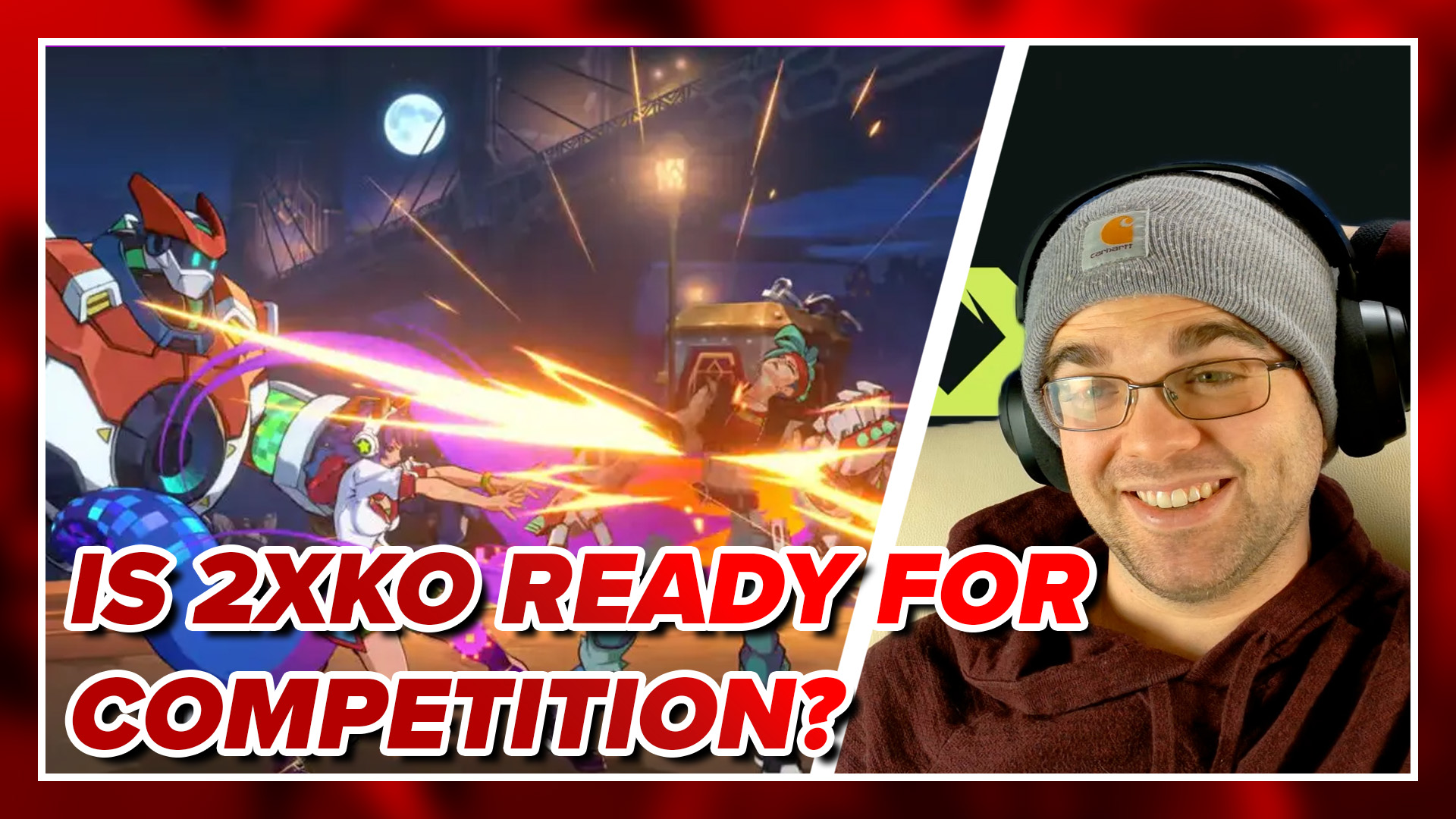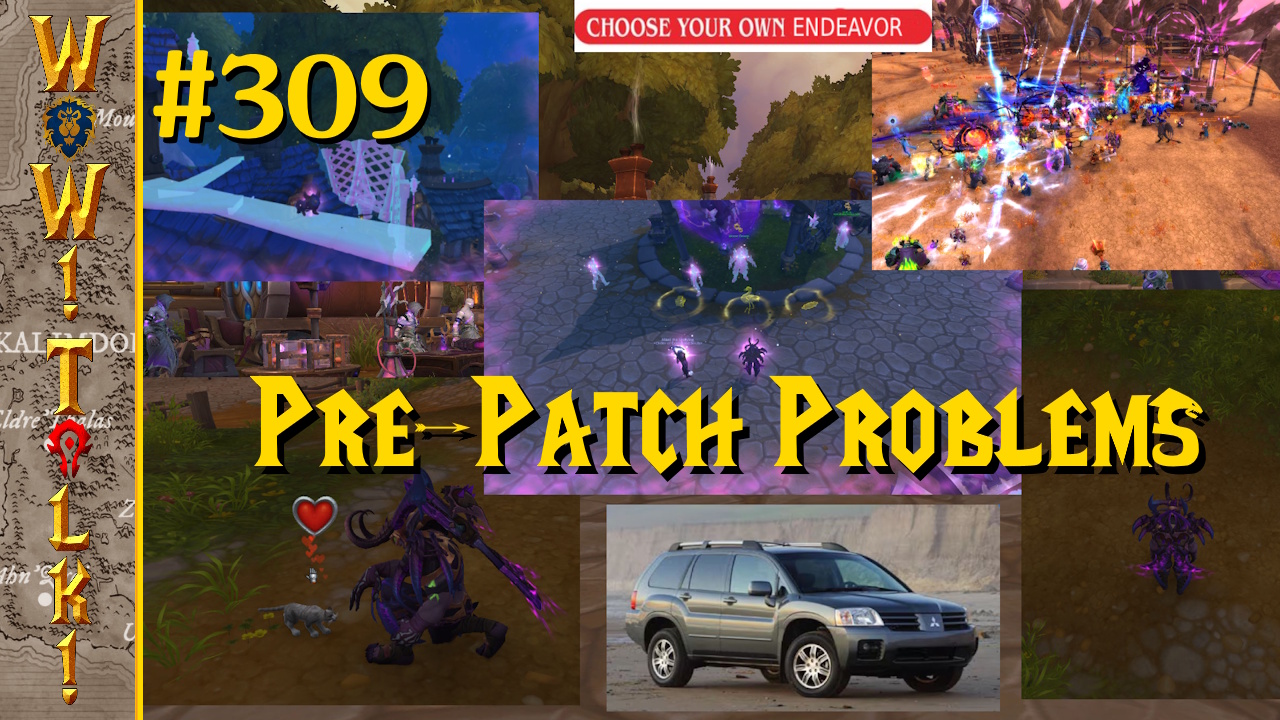On Monday, June 27th, it is likely that the Supreme Court will rule on something that I believe has been criminally overlooked by far too many in the gaming community: Brown v. EMA (formerly Schwarzenegger v. EMA). In case you’ve forgotten, this is the lawsuit pertaining to a 2005 bill by California State Senator, Leland Yee. His bill aimed to trample on the first amendment of the United States by having certain video games placed into the same categorization as firearms and pornography; this would, in turn, allow the government to supersede the Entertainment Software Ratings Board and place their own regulations on the industry.
If the court were to rule completely in his favor — which not even Yee himself is expecting — then any retailer caught selling a “violent video game” to a minor would be fined $1,000. Yee believes that youths are negatively affected by violent games and wants the government to have the final say as to whether or not they can legally access them. A ruling in his favor would potentially open the door for individual states to create their very own regulations for video games. In other words, it would be complete chaos for the industry. How exactly a game would qualify for the categorization is a bit vague, and it is part of the reason why this law, and ten similar bills in other states, was shot down in lower circuit courts.
To be clear, the bill would not require that developers censor anything. It is entirely plausible, however, that a ruling against the EMA (Entertainment Merchants Association) could lead to industry players shying away from controversial content. More worrisome, is the fact that whatever decision the nine justices of the court reach will forever set the precedent as to whether or not game design is a Constitutionally-protected form of free speech. Another possibility, is that they come down with some sort of non-decision that wouldn’t legalize regulation, but wouldn’t classify games as a type of free speech, either. That type of decision would leave the industry vulnerable to similar attacks in the future.
The literature, music and film industries are not subject to this type of government regulation. Why should gaming be different? I don’t know about you, but I’ll be waiting with baited breath to hear how this thing finally plays out. In the meantime, I urge gamers who have not yet done so to join up with The ECA, and do their part to protect our hobby of choice.
[Source: Game Politics]
[Image via Wikipedia.]





